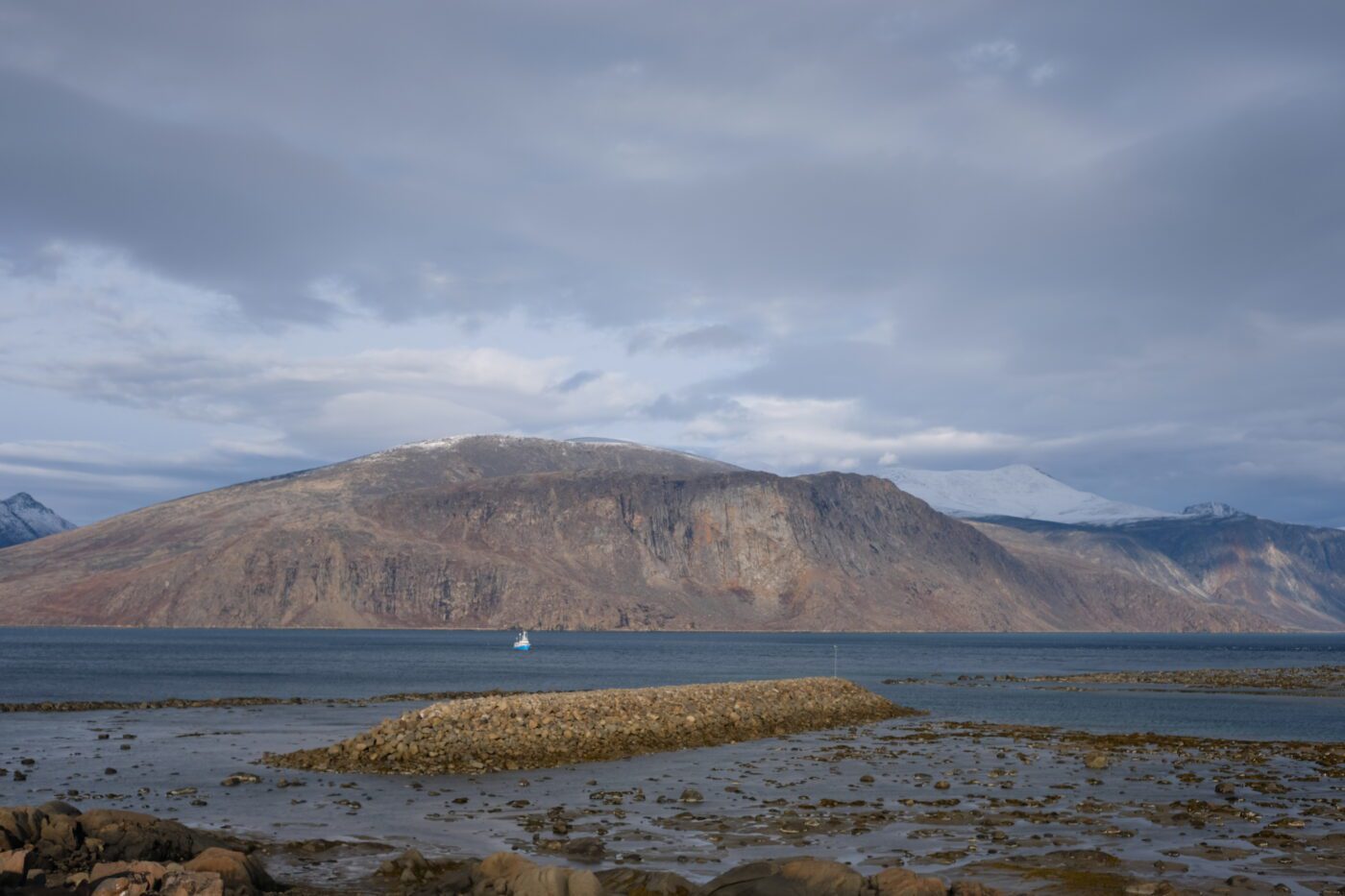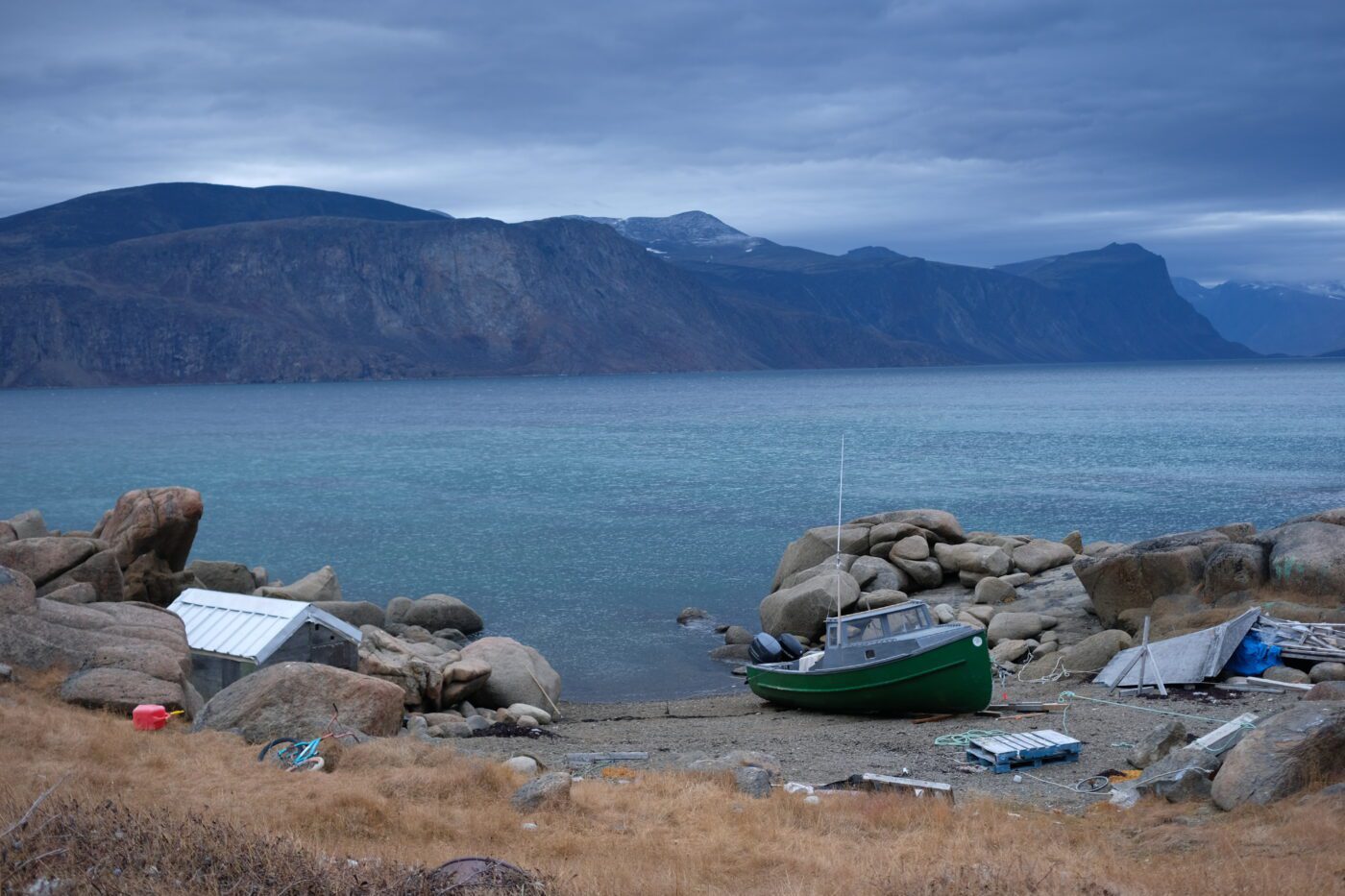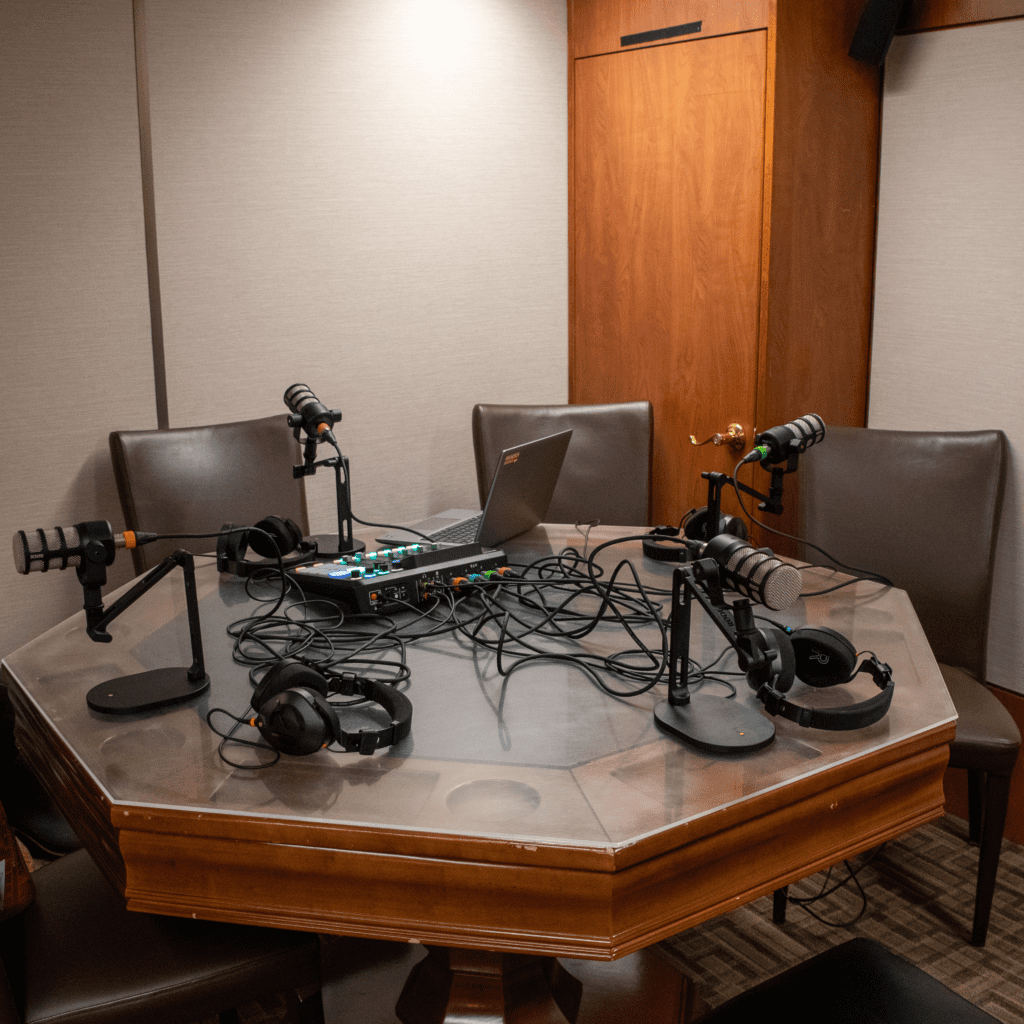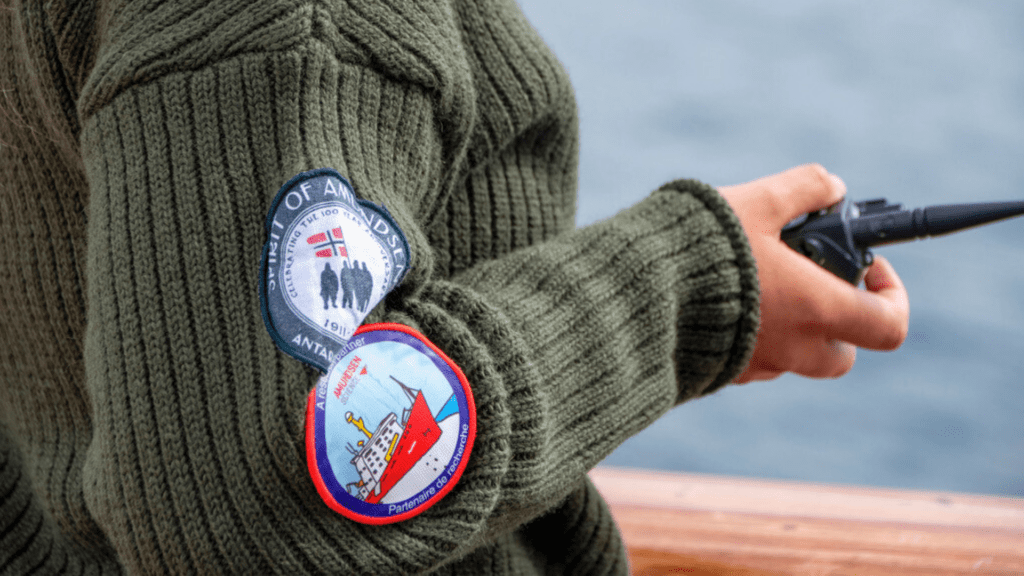In the Canadian Arctic, being able to spend time in the communities as a vessel-based researcher can be a challenge. In a recently published paper called “Getting Off the Boat: Re‐Considering Research Responsibility and Knowledge Dynamics in Ocean Literacy”, authors Mathieu Lamontagne Cumiford (University of Manchester) and Myrah Graham (Amundsen Science, Memorial University of Newfoundland) challenge current marine science practices in the North.

Central to the article, is that truly effective ocean research hinges on building genuine, interpersonal relationships with local and Indigenous communities, rather than treating research as a distant or extractive activity. They contend that spending time “off the boat” and within these communities is critical for understanding local realities and integrating relevant knowledge into scientific practices.

Through a detailed case study from the Canadian Arctic, the authors illustrate how establishing trust, collaborating directly with residents, and engaging beyond formal research activities—such as joining local events and creating culturally-tailored outreach—result in more accurate, relevant, and reciprocally beneficial research outcomes.
Their experience demonstrates that academic projects grounded in personal engagement not only strengthen scientific insights, but also empower local perspectives, foster long-term partnerships, and ensure that research contributes to both community well-being and knowledge about our oceans.



